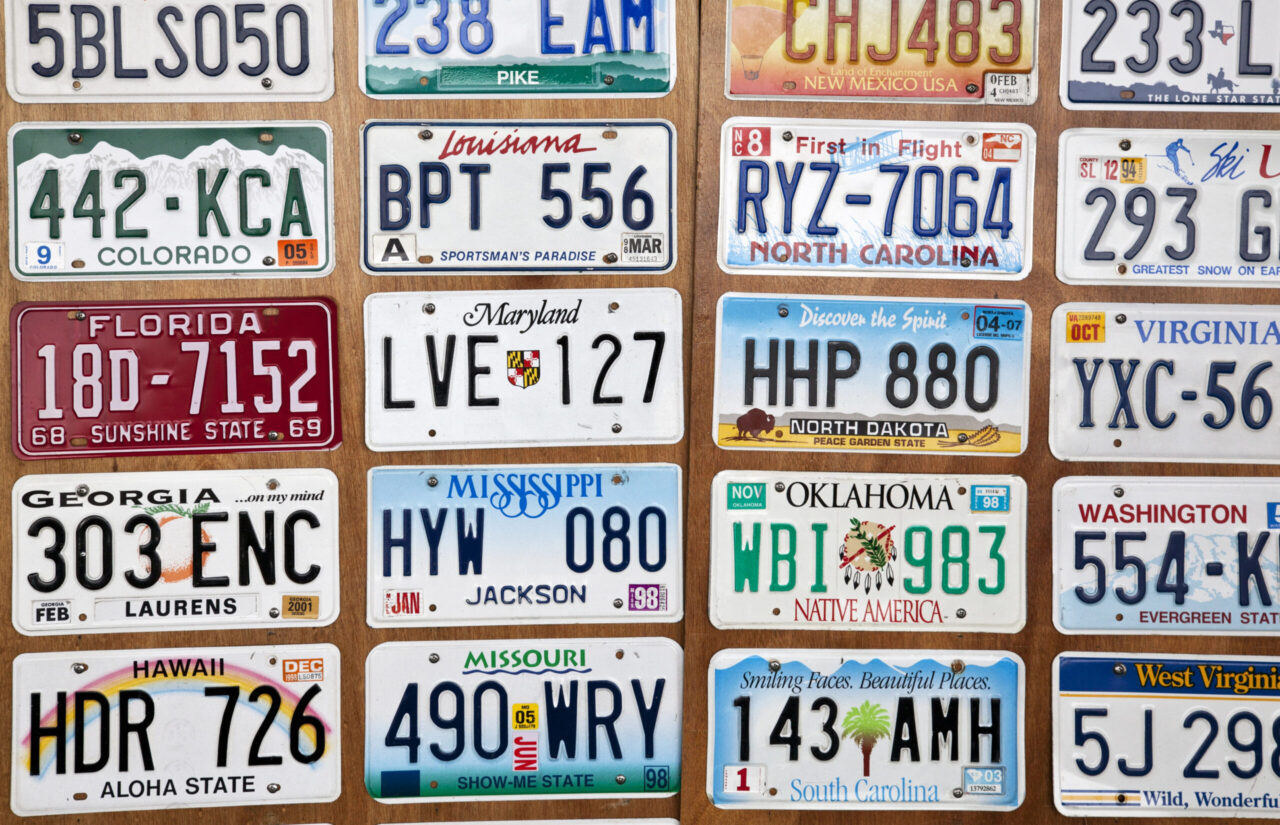Question: I’m buying a car, and I want to keep the license plate from my old car. How do I transfer it to the car I’m buying?
Answer:
If you want to keep your current license plate for the new car you just purchased, you need to register the new car with the state and request a license plate transfer. If you’re buying a vehicle from a dealership, their office may be able to handle the paperwork to accomplish this. If you’re buying from a private owner, you’ll need to go to a local Department of Motor Vehicles (DMV) office, or in some states, the county clerk’s office.
Rules vary by state
Some states allow you to temporarily use the registration and plates from an old vehicle on a new vehicle, as long as the owner’s name and vehicle type are the same. Beware: You have a deadline of only 10, 15, or 30 days before the new car must be registered, depending on your state law.
The details vary slightly from state to state, but you likely need to bring the following items. Double check all of your personal details on the paperwork. Any discrepancy such as a misspelled name, incorrect vehicle number, or mismatched registration number, could result in a plate transfer getting denied.
- Registration paperwork from the old car. When you registered with the state, you probably received a document with details such as your name, vehicle number, and registration number that the state assigned you.
- Application for Registration/ Application for Vehicle Transaction. You will need to fill out a form requesting to register the new car with the state. You may be able to fill it out online or download it and fill it out before you go to the office.
- Your driver’s license. Make sure it’s valid. If your license is expired or suspended, your registration may be denied. Licenses can be suspended for a variety of reasons such as unpaid fines for traffic violations, too many points on your license, or outstanding child support payments. If you co-own a vehicle with someone else, their license must also be valid.
- The title of each vehicle. This is the legal document confirming you own it.
- Proof of insurance. Ensure you have a valid insurance policy on your new car before you drive away. There are horror stories from drivers who got hit the moment they pulled out of the lot. Some states may require proof of insurance on both the old and new car to approve a plate transfer. Your insurance company should have issued you a card proving your policy’s current.
- Payment for fees. Check beforehand to see what methods of payment are acceptable. Many DMV facilities have specific rules about whether or not they accept cash, money orders, checks, or credit cards.
- Completed Inspection. You’ll need proof the new vehicle has passed inspection if you’re in a state that requires it. Some states also require proof that you’ve passed an emissions or smog test.

Deirdra Funcheon is a journalist with a master`s degree from Boston University and more than 20 years of experience covering a broad range of topics. She has worked at Univision (on the investigative team at Fusion), Axios (where she covered Miami-area news) and Bisnow (covering the commercial real estate industry). At Jerry, she aims to empower drivers with knowledge about how their vehicles work and how best to handle repairs, insurance and other complications of car ownership.

Giselle Gomez is an editor with over a decade of experience editing content across personal finance, education, travel, and sports. In editing for Jerry, Giselle’s focus is on making sure content is consumer and SEO-friendly and helping readers understand all things car ownership. In prior roles, she worked as a content strategist, syndication editor, and writer. Her work is featured in AP, NerdWallet.com, BestColleges.com, and more. Giselle holds a master’s degree from Arizona State University.








